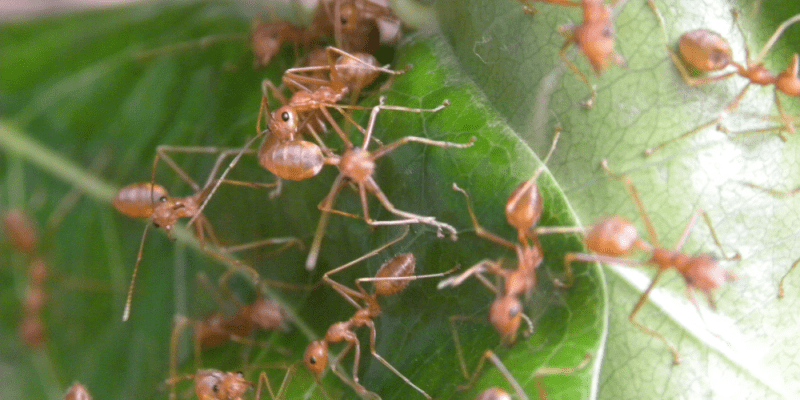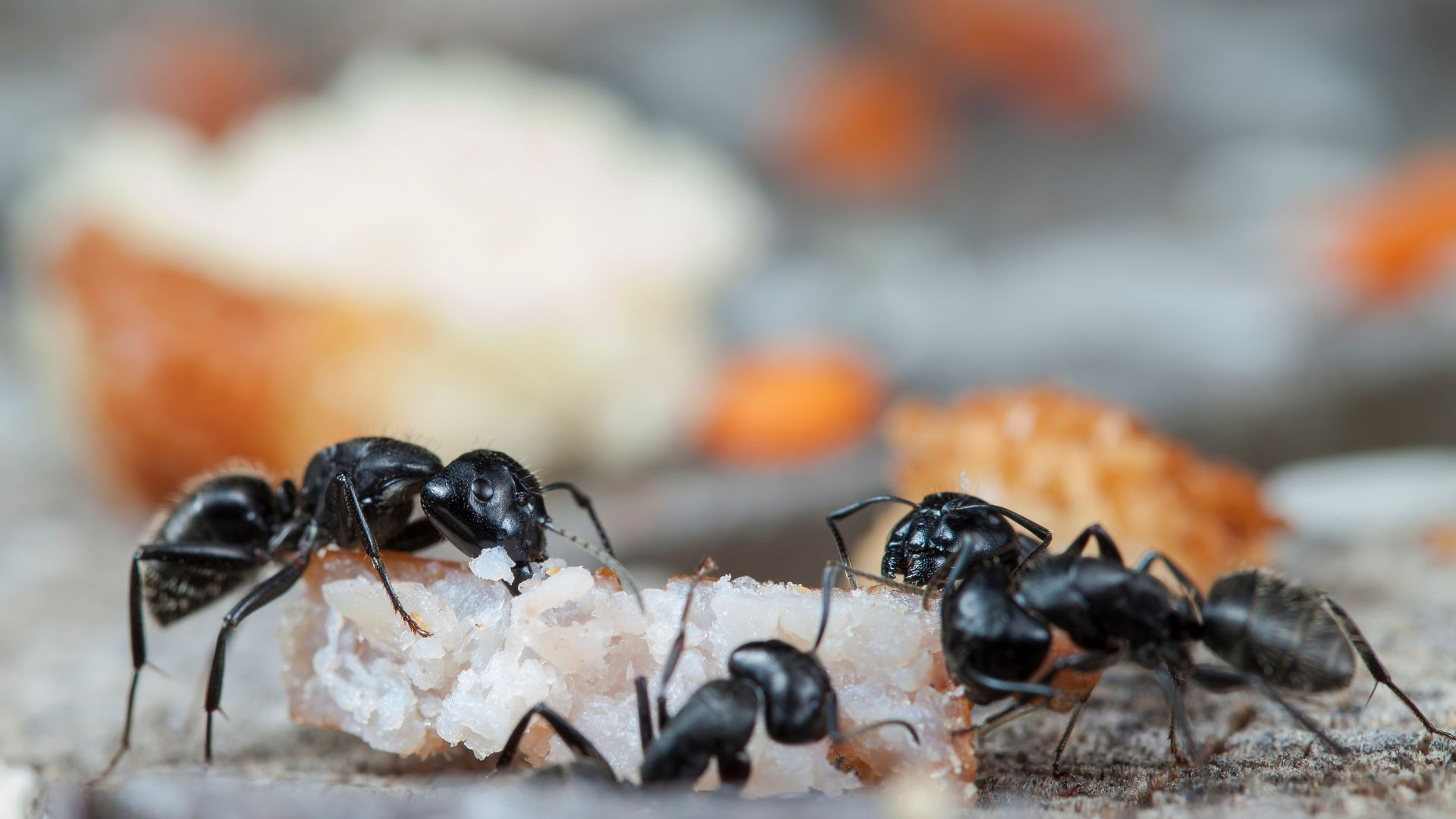Leading Ant Control Services: Reputable Solutions for Your Home or Business
Leading Ant Control Services: Reputable Solutions for Your Home or Business
Blog Article
Environmental Influence of Bug Control: Harmonizing Efficiency With Sustainability
The ecological impact of bug control is a critical issue that requires a delicate balance between achieving efficiency in making certain and handling bugs sustainability of our ecological communities. From the use of unsafe chemicals that permeate into our soil and water to the unintentional repercussions on non-target species, the effects of traditional bug control practices are far-ranging.
Harmful Chemicals in Insect Control
The usage of harmful chemicals in insect control postures considerable ecological and health threats that require mindful consideration and reduction techniques. Chemicals, insecticides, and herbicides are commonly made use of to get rid of bugs, yet their extensive application can bring about unexpected effects. These chemicals can pollute dirt, water resources, and the air, affecting not only the targeted bugs yet also advantageous pests, wildlife, and people.

To resolve these dangers, integrated pest management (IPM) techniques are being promoted as a much more lasting alternative. IPM involves a mix of techniques such as organic control, environment manipulation, and the targeted usage of pesticides as a last hope (ant control forest nc). By embracing a holistic strategy to pest control, we can decrease the environmental and wellness impacts related to unsafe chemicals while properly handling pest populaces
Influence On Non-Target Types
Taking into consideration the unintentional repercussions of bug control methods, the influence on non-target varieties is a vital element that requires thorough evaluation. While parasite control actions aim to target details pests, other microorganisms in the ecosystem may be accidentally affected. Non-target varieties, including helpful pests, birds, animals, and also plants, can suffer direct or indirect injury from pesticide applications or biological control approaches.
Chemicals can have sub-lethal or deadly effects on non-target types. For instance, insecticides created to battle a certain insect bug might harm pollinators like bees or all-natural predators such as ladybugs. Furthermore, chemical residues can build up in the setting, impacting non-target microorganisms in time. Biological control agents, if not species-specific, can position risks to unintentional targets, disrupting the ecological balance.
To alleviate the influence on non-target varieties, incorporated insect management (IPM) approaches that highlight an alternative strategy to pest control are recommended. These methods prioritize making use of eco-friendly practices, decreasing harm to beneficial microorganisms while effectively managing pest populaces. Carrying out extensive danger analyses and checking the end results of insect control initiatives are vital actions in guarding non-target types and advertising general community health.
Soil and Water Contamination
Unplanned environmental repercussions of bug control methods extend beyond influencing non-target types, with considerable ramifications for soil and water contamination - ant control. Chemicals, herbicides, and chemical fertilizers utilized in parasite control can seep right into the soil and contaminate groundwater, positioning a hazard to both marine and earthbound ecosystems.
Water contamination is an additional crucial concern connected with parasite control methods. Overflow from farming areas treated with chemicals can carry these chemicals into neighboring water bodies, impacting water microorganisms and water top quality. Contaminants in water sources can have far-reaching effects, affecting not just water life but also human wellness via the consumption of infected water or marine organisms. To minimize dirt and water contamination from pest control activities, incorporated pest administration approaches that prioritize sustainability and discover here decrease chemical inputs are vital.
Air Contamination From Chemical Usage
Direct exposure to air-borne pesticides throughout farming applications poses a substantial issue for air contamination control steps. Furthermore, chemical drift, where chemicals are carried by the wind to unexpected areas, can lead to the contamination of nearby environments and water bodies.

Techniques for Sustainable Pest Control
In the realm of farming methods, applying lasting pest control techniques is vital for keeping eco-friendly equilibrium and securing crop returns. Sustainable insect control emphasizes the use of ecologically friendly approaches to take care of insect populations efficiently while minimizing damage to non-target microorganisms and ecological communities. Integrated Parasite Administration (IPM) is a widely embraced approach that combines biological, cultural, physical, and chemical control techniques to accomplish long-term bug management options.
Crop rotation and diversification are also reliable techniques to disrupt pest life cycles and develop much less favorable conditions for pests to grow. Inevitably, by integrating these lasting bug control methods, farmers can achieve an equilibrium between pest management performance and environmental stewardship.
Final Thought
To conclude, the environmental influence of parasite control approaches must be carefully taken into consideration to balance performance with sustainability. Hazardous chemicals utilized in parasite control can cause soil and water contamination, air contamination, and injury non-target types - termite control. It is crucial to execute sustainable bug control techniques to reduce these adverse impacts on the environment and advertise a healthier ecological community for future generations
By embracing a holistic approach to pest control, we can reduce the ecological and health and wellness effects associated with harmful chemicals while successfully managing pest populations.

To mitigate the air contamination caused by pesticide use, it is important to embrace incorporated bug administration approaches that prioritize the usage of non-chemical pest control approaches, such as crop rotation, all-natural predators, and resistant plant ranges. Sustainable insect control emphasizes the use of environmentally pleasant techniques to handle insect populations properly while lessening damage to non-target microorganisms and communities. Integrated Pest Monitoring (IPM) is a commonly taken on technique that incorporates biological, cultural, physical, and chemical control approaches to accomplish long-lasting insect monitoring remedies.
Report this page